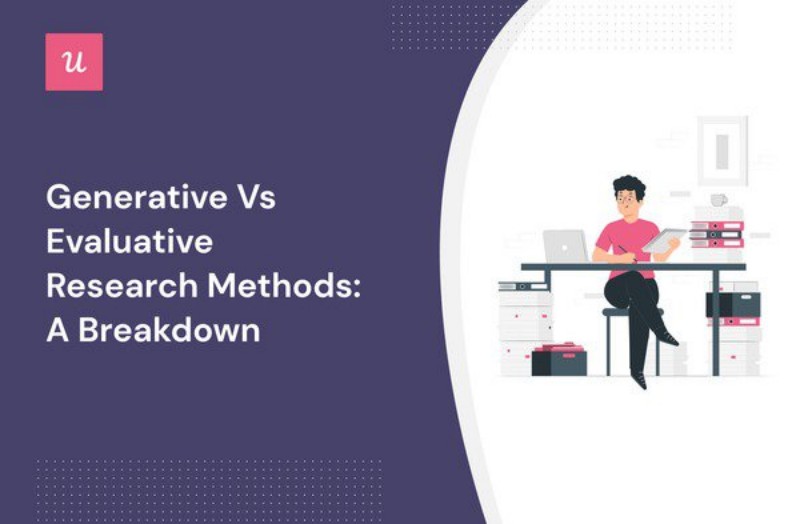Current location:Home > Nutrition Science > Special Diets > Text
Time:2025-06-16 Source:Mind Body FuelAuthor:Click:51
Over the years, the “Blood Type Diet” has gained popularity among health enthusiasts and those seeking weight management solutions. This diet, developed by naturopath Peter D’Adamo, suggests that a person’s blood type significantly influences their dietary needs and exercise regimen. But how much validity does the blood type diet hold? Let’s delve into the science behind it.
The blood type diet relies on the premise that each blood type — A, B, AB, and O — evolved at different periods in human history and, therefore, requires a different diet. For instance, Dr. D’Adamo recommends a plant-focused diet for type A, a balanced omnivorous diet for type B, a varying diet for type AB, and a high-protein diet for type O. Each diet also comes with a set of exercises tailored to the respective blood type.
While the diet’s principles may sound intriguing, the scientific community has had mixed responses. A 2024 study published in the Journal of Nutritional Health found links between blood types and certain health conditions but did not conclusively establish a connection with specific dietary needs. The study, however, did acknowledge that more research was needed in this area.
Contrarily, a 2025 study from The American Journal of Clinical Nutrition concluded that there was no significant relationship between blood types and dietary needs. The study pointed out the lack of high-quality, controlled studies on the topic, suggesting that current evidence is insufficient to validate the blood type diet.
Despite these studies, anecdotal evidence from followers of the blood type diet suggests that some people have experienced weight loss and improved health markers. However, it’s worth noting that any diet that promotes a balanced intake of various food groups and regular exercise can lead to similar results. The positive effects experienced could be more related to these general healthy lifestyle changes rather than the specific dietary recommendations based on blood types.
If you’re considering the blood type diet, it’s critical to consult with a healthcare professional or a dietitian. They can provide personalized advice based on your overall health, lifestyle, and nutritional needs. While the blood type diet may work for some, it’s not a one-size-fits-all solution. Remember, the best diet for you is one that is sustainable, balanced, and tailored to your specific needs and goals.
In conclusion, while the blood type diet presents an interesting theory, its validity is yet to be conclusively proven by scientific studies. Always prioritize balanced nutrition and regular exercise, and consult a professional before embarking on any new diet regimen.

Boost Your Productivity with a Digital Detox: A Comprehensive Guide

Embrace Yoga for Better Body Alignment: A Path to Wellness

Utilizing a Heart Coherence Timer for Enhanced Wellness and Health

Unlocking the Health and Beauty Benefits of Wakame Alginate

Unleashing The Power Of Fitness Equipment: A Comprehensive Guide

Pilates for Full Body Workout: Enhancing Strength, Flexibility, and Wellness

Understanding the Vital Safety Features of Power Racks for Enhanced Workouts

Boost Your Workout: High-Intensity Interval Cycling for Optimal Health

Boost Your Wellness with Grip Strengtheners: A Comprehensive Guide to Hand Therapy

Boost Your Business with Effective Corporate Wellness Program Participation
 Boost Your Productivity with a Digital Detox: A Comprehensive Guide
Boost Your Productivity with a Digital Detox: A Comprehensive Guide
 Pilates for Full Body Workout: Enhancing Strength, Flexibility, and Wellness
Pilates for Full Body Workout: Enhancing Strength, Flexibility, and Wellness
 Understanding the Vital Safety Features of Power Racks for Enhanced Workouts
Understanding the Vital Safety Features of Power Racks for Enhanced Workouts






Copyright @ 2025 Mind & Body Fuel Email:xya0876@gmail.com No:26148
Statement: The articles on this website are all from the Internet and do not represent any views. Before making any health decisions, you must consult your doctor.